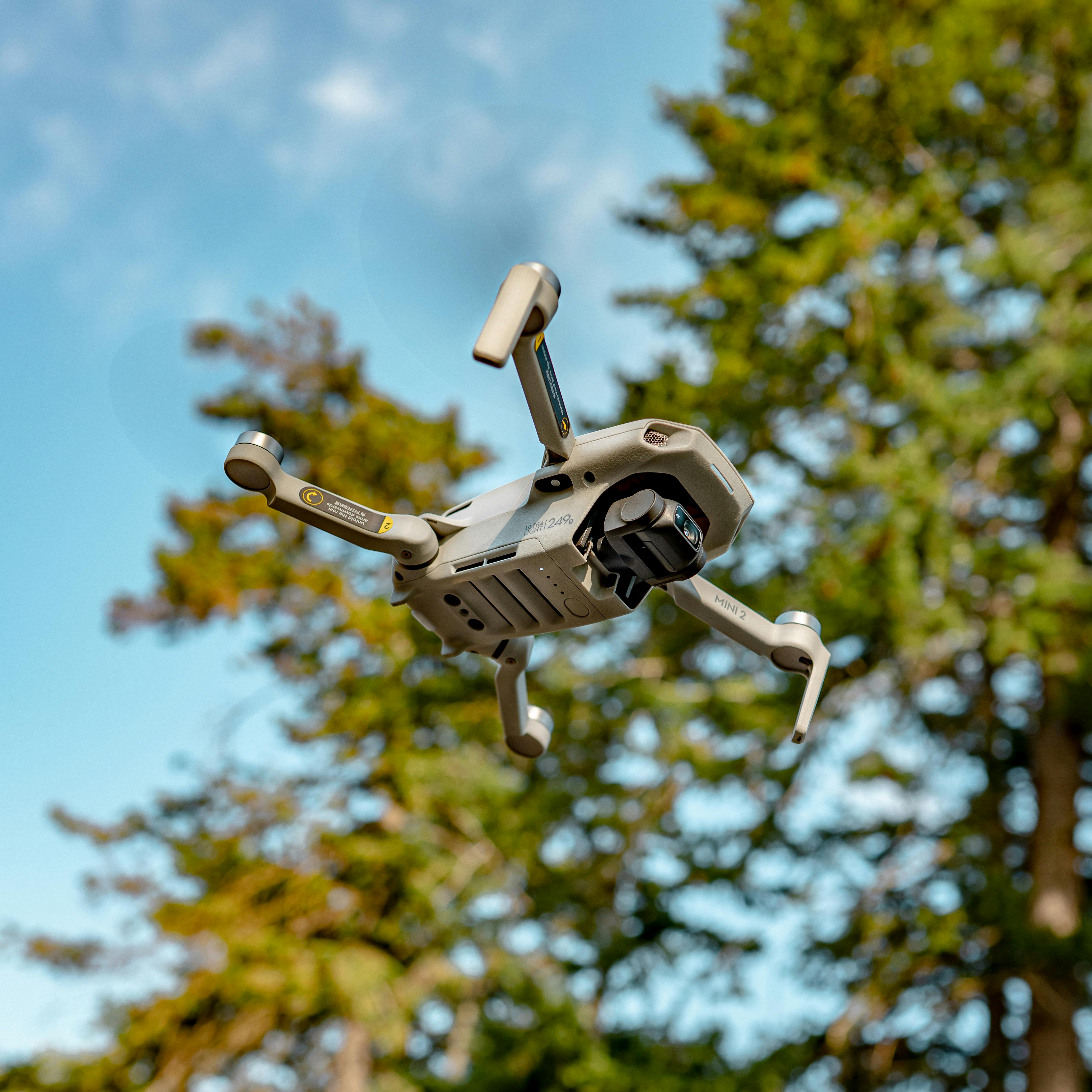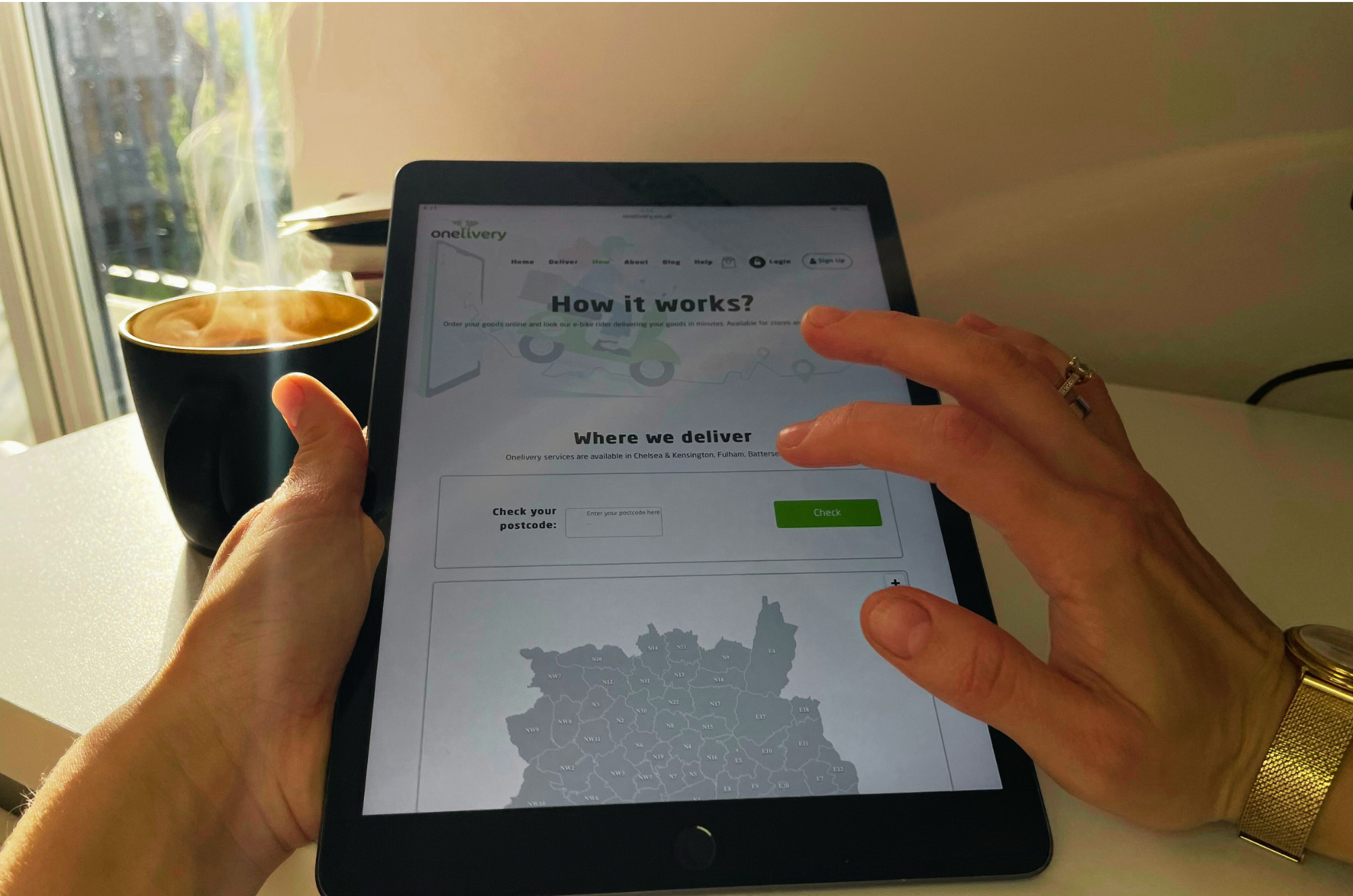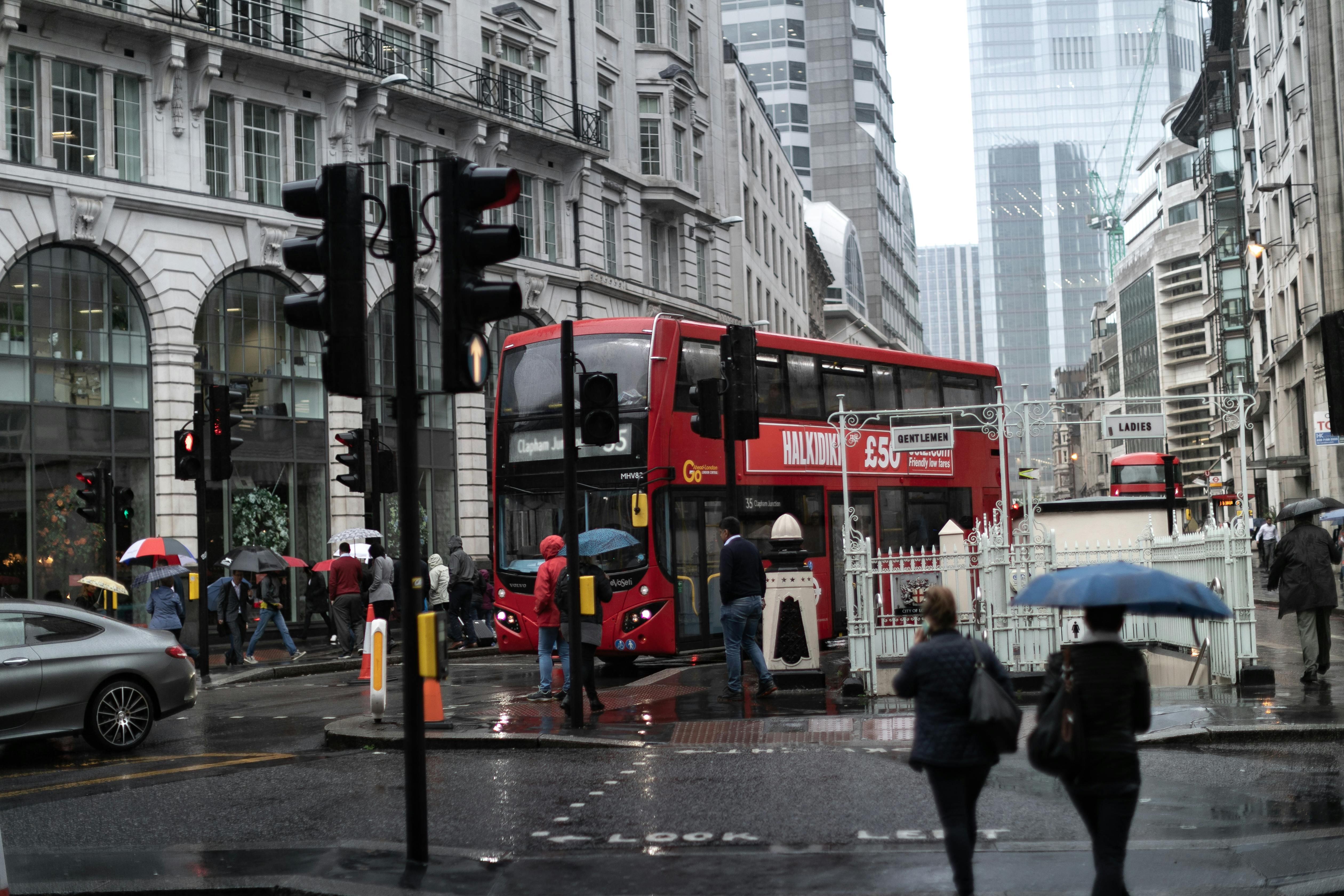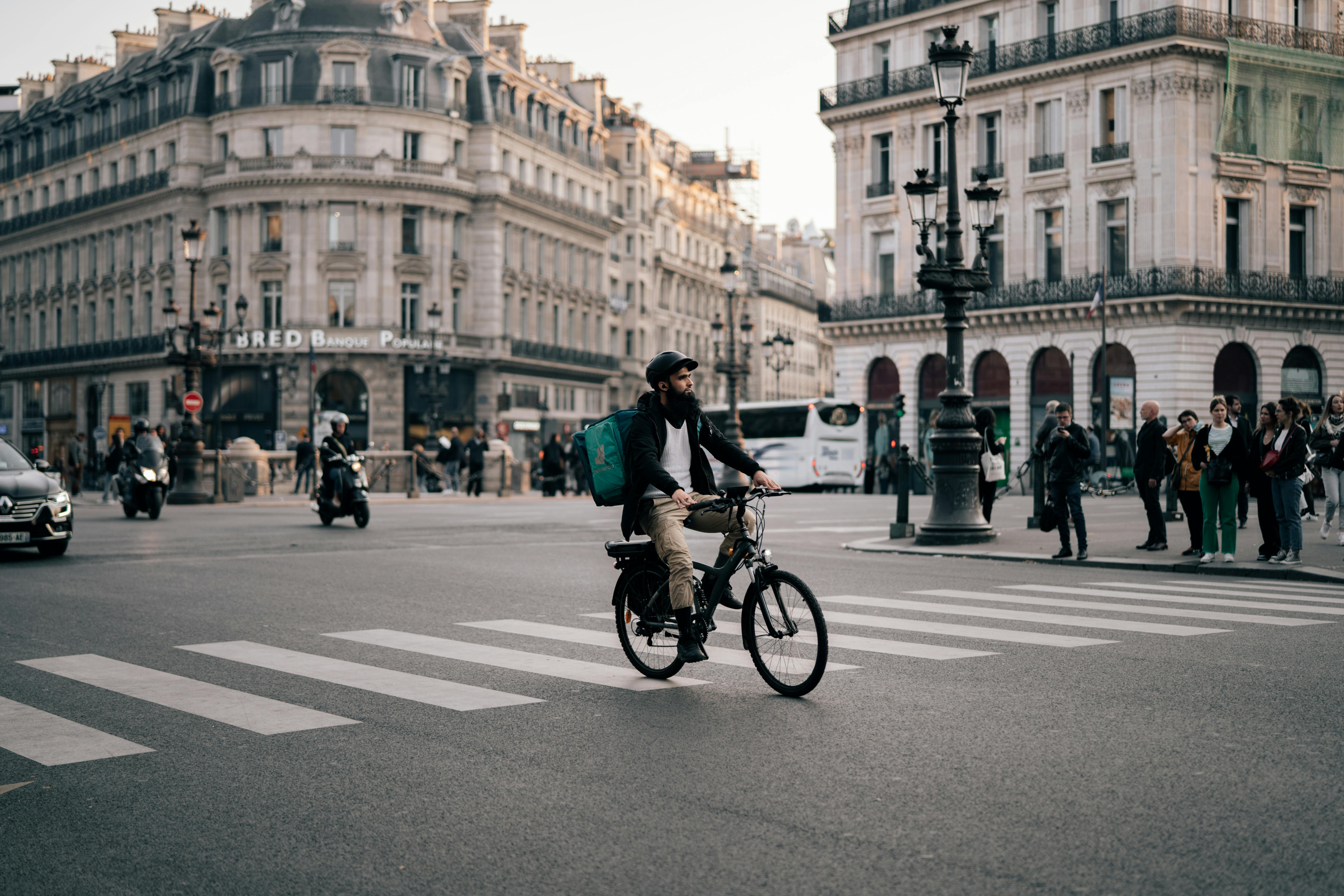Picture a London skyline dotted not just with iconic architecture but with buzzing drones carrying parcels. It sounds futuristic, doesn’t it? But this vision might not be as far off as it seems. With urban congestion choking our streets and delivery vans contributing to emissions, drones could be a game-changer for sustainable logistics. Yet, for every opportunity they offer, there are hurdles to overcome.
A Sustainable Solution in the Making
London’s clogged roads and rising emissions are a daily frustration for residents. Drones, powered by electricity, offer a greener alternative to petrol-guzzling vans. They can cut emissions and help businesses meet eco-conscious goals, aligning with the city’s ambition to become carbon neutral by 2050.
Take Camden and Hackney, for instance—areas with tight streets and limited parking. Delivery vans often block traffic, adding to delays and pollution. Drones could bypass these issues entirely, delivering packages directly to doorsteps or rooftops without a single traffic jam.
The numbers are promising. A 2021 report by World Economic Forum found that drones could reduce emissions by up to 40% compared to traditional delivery methods. For a city grappling with the environmental impact of its booming e-commerce sector, this is a compelling advantage.
Navigating the Skies: The Challenges
Of course, no solution comes without its challenges. London’s skies are already crowded with planes and helicopters, and the city’s strict airspace regulations will need significant revisions to accommodate drones.
Then there’s noise pollution. Imagine sitting in your garden in Richmond or lounging on a Hampstead Heath picnic blanket, only to hear the persistent hum of drones overhead. Londoners value their pockets of quiet amidst the urban hustle, and that’s something regulators will need to consider.
Privacy is another issue. Will drones equipped with cameras make residents uneasy? In densely populated areas like Westminster or Tower Hamlets, people may worry about their homes and gardens being under surveillance. Addressing these concerns will be critical to public acceptance.
A Boost for Local Businesses
For small businesses, drones could be a lifeline. Rising delivery costs and fierce competition from larger players have left many struggling to meet customer demands. Imagine a bakery in Brixton whisking warm croissants to your door within minutes, without a single delivery van clogging the road.
In Shoreditch, where independent retailers thrive, drones could level the playing field. By reducing delivery costs, they allow smaller shops to offer faster, cheaper services to customers. This isn’t just about convenience—it’s about survival in an increasingly competitive market. And in emergencies, drones could literally be lifesavers. From delivering urgent medical supplies to transporting prescriptions during rush hour gridlock, areas like Croydon could see a major benefit.
For a city where residents are already grappling with delivery delays, missed packages, and frustrating rescheduling, drones could offer a breath of fresh air—quite literally. But to succeed, businesses and councils will need to collaborate on solutions that address the practical and ethical concerns Londoners might have.
London has always been a city of innovation, and drones have the potential to reshape its logistics landscape. The question is, how quickly can we get them off the ground?









